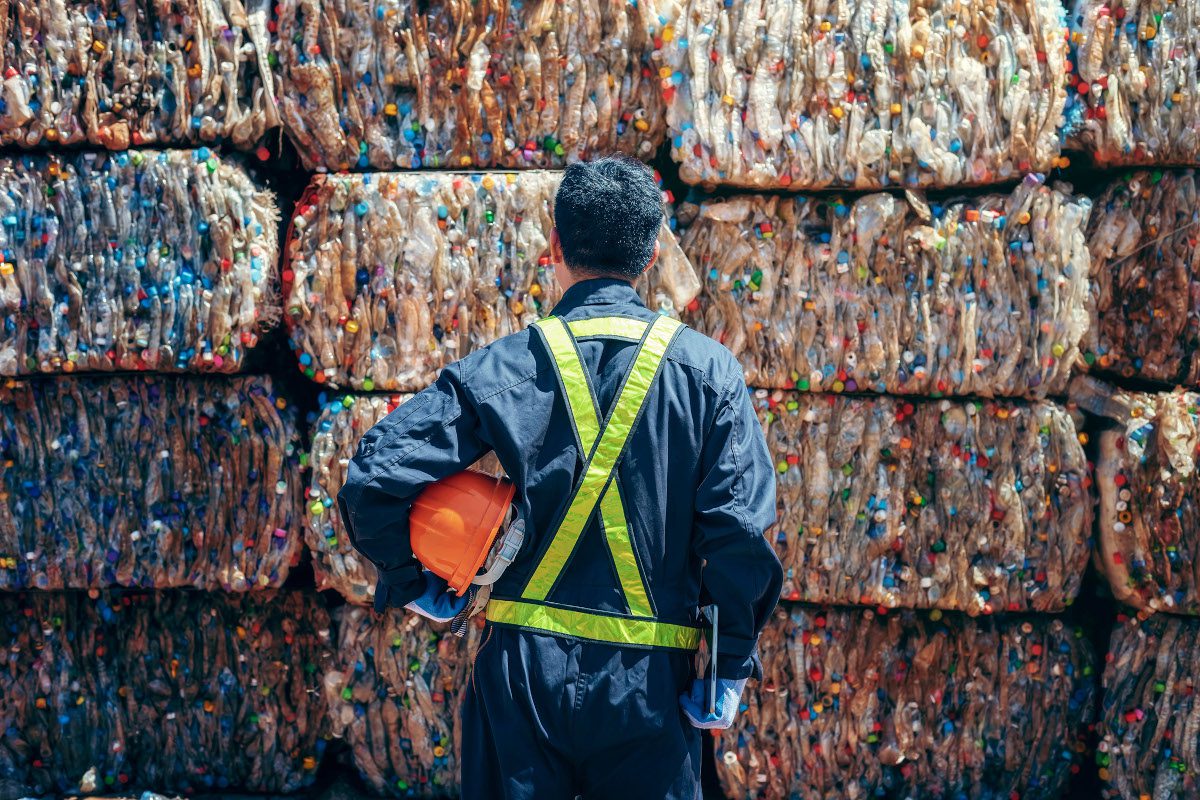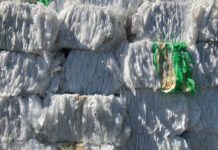
The Recycling Association has criticised the “dangerous language” used by Environment Agency chief executive Sir James Bevan.
In a speech at a 12 April event organised by Letsrecycle.com and the Environmental Services Association, Sir James expressed his personal view that all waste exports should be ended.
The Recycling Association chief executive Simon Ellin warned that conflating waste crime with exports per se was wrong and failed to address the real reasons behind criminal activity.
He said: “Sir James Bevan should re-consider these comments and I will be writing to him on behalf of our Members, and I hope he will set the record straight. The idea that the legitimate export market provides a cover for waste crime is wrong. It is like suggesting that some people export food illegally, but all food exports therefore provide a cover for food crime. It is a ludicrous idea.
“Experienced civil servants, such as Sir James, have a duty towards impartiality but he expressed a personal view that we should process all our waste in the UK and end all waste exports. His opinion that banning exports would mean there would be no cover for criminals wouldn’t be applied across other sectors and shouldn’t be considered in a legitimate market.
“This language is dangerous when we are trying to encourage more people to recycle, especially as we are part of a global circular economy. It makes people believe that their recycling is dumped around the world, and that isn’t true. A tiny minority of cases where waste is found dumped abroad does not make the whole industry rotten. Most exporters send material to legitimate mills and recycling facilities where it is dealt with sustainably.
“While some of our Members already process material in the UK, some send it back to be recycled where it was first manufactured. We export material because we import goods.
“Often we send paper, cardboard, plastics and other materials to facilities that are state-of-the-art and often more advanced than those we have in the UK. We do this because they need the material to create new boxes, new packaging and other products that we buy and import.
“Indeed, when we send material into Europe, South-East Asia or elsewhere, it is backhauled on the vehicles and ships that brought the goods to us. It is also the case that many countries have strict inspection processes and quality rules, that means only the best material goes to their facilities. These are secondary commodities for recycling, not waste.
“We are part of a developing global circular economy, and this is leading to investment in the UK. Whether that is the new Eren mill in North Wales, or the number of plastic recycling facilities that are being developed as a result of Government policy such as the Plastic Packaging Tax.
“But we import much more than we have capacity to recycle, and it makes sense to send it back to where it was manufactured. It isn’t always possible for the UK to do this effectively because of the high energy and labour costs we have here, and the planning system makes it very difficult to build new infrastructure.
“By being part of a global recycling market, we ensure that secondary commodities are traded in a competitive market. This means local authorities and companies benefit from high prices in this competitive market, and this leads to investment. By removing the international market, we will suffer from low prices and a poor environment to invest in UK infrastructure.
“The Environment Agency needs to focus its waste crime resources on tackling criminals. The Government announced a crackdown on fly tipping this week, as it has increased by 16%. This is criminal behaviour. Clearly, we need to get our own house in order when it comes to waste crime.
“If the Environment Agency spent less time checking and prosecuting legitimate operators, and more on the hardened criminals, then there would be less waste crime.
“Indeed, on behalf of our Members, we have sought to improve quality through our Quality First campaign, and have developed our Traqa system to provide transparency to the regulators, end destination customs authorities and the mills and facilities about the material they are receiving. We have worked with the Environment Agency to ensure legitimate exporters are transparent about what they do, so it is disappointing to have this work undermined by these comments.
“Banning exports will do nothing to stop waste crime, but will harm the jobs and benefit to our economy brought by being part of a global market. I hope Sir James will re-consider his personal comments, and then focus the Environment Agency on tackling the real criminals, not damaging legitimate UK export businesses.”







